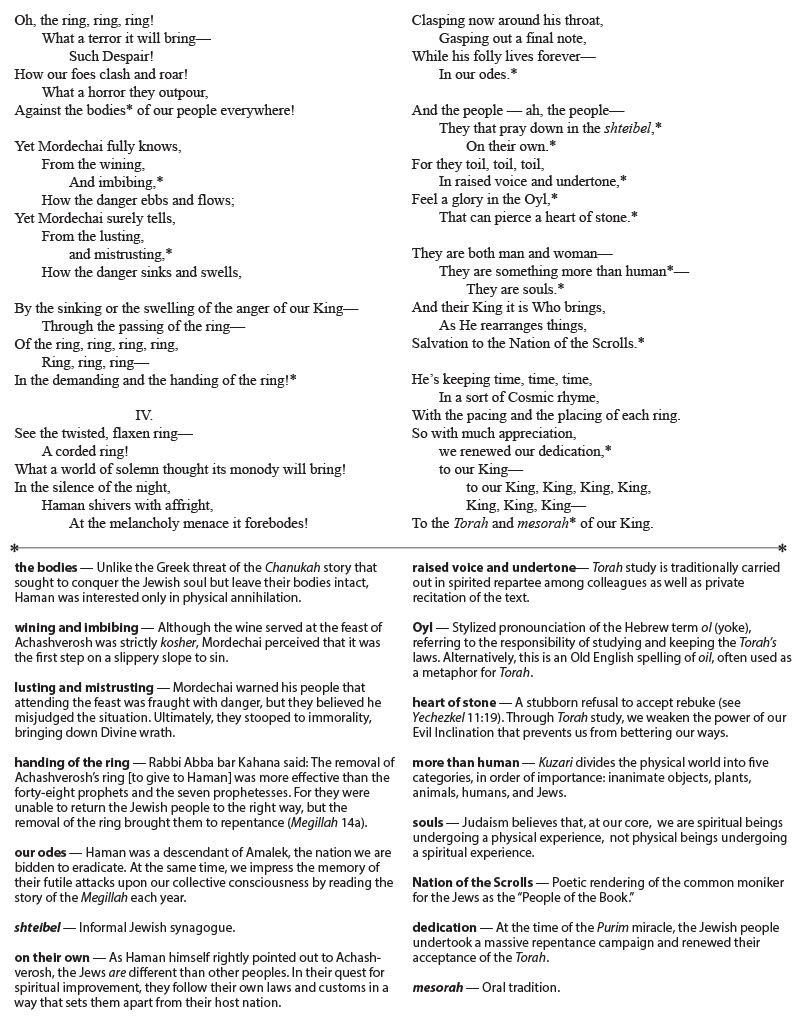Smoking: The Old/New Addiction

The national focus on the opioid crisis unfortunately obscures the fact that the use of cigarettes is the leading preventable cause of mortality, accounting for about 480,000 deaths annually, and about 30 percent of all cancer deaths. Despite an over-50-year-long government campaign against cigarettes, smoking continues to hold many people in its addictive grip as well as draw new victims. Indeed, It is particularly worrisome to watch adolescents smoke either traditional (combustible) cigarettes or JUULs, knowing that smoking early in life is not only a strong predictor of smoking as an adult, but also greatly increases the likelihood of using other drugs. Adults who continue to smoke cigarettes will likely face a host of medical complications and increase the risk of transmitting the smoking habit to their children.














